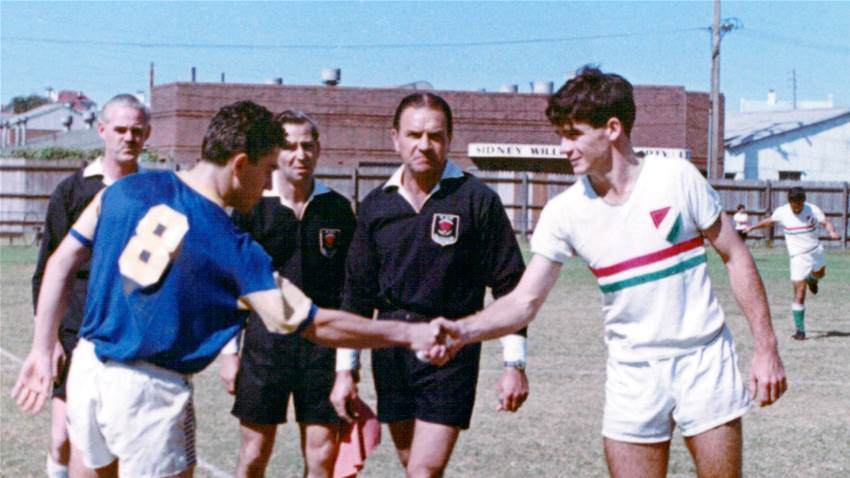On the anniversary of Johnny Warren’s passing his daughter, Shannon Warren, the late Les Murray, and Andy Paschalidis discuss the former Socceroos' legend's legacy.
On this day 13 years ago, Australian football lost one of the game’s greatest evangelist, when Johnny Warren died at age 61 on November 6, 2004.
Warren played over 40 games for the national team and in 1965, at 22 years of age, was part of the first Australian squad that attempted to qualify for a World Cup.
Even though they lost to North Korea 9-2 over two legs and didn’t make it to England 1966, the experience the Aussies gained would be the precursor for future World Cup qualification.

That would occur two campaigns later when led by coach Rale Rasic, and including Warren, Australia played at their first ever World Cup when the Socceroos competed in Germany 1974.
Warren began his club career with Canterbury-Marrickville then spent 12 years with St George Budapest in a team that at one point featured 10 Socceroos from the 74 World Cup squad.
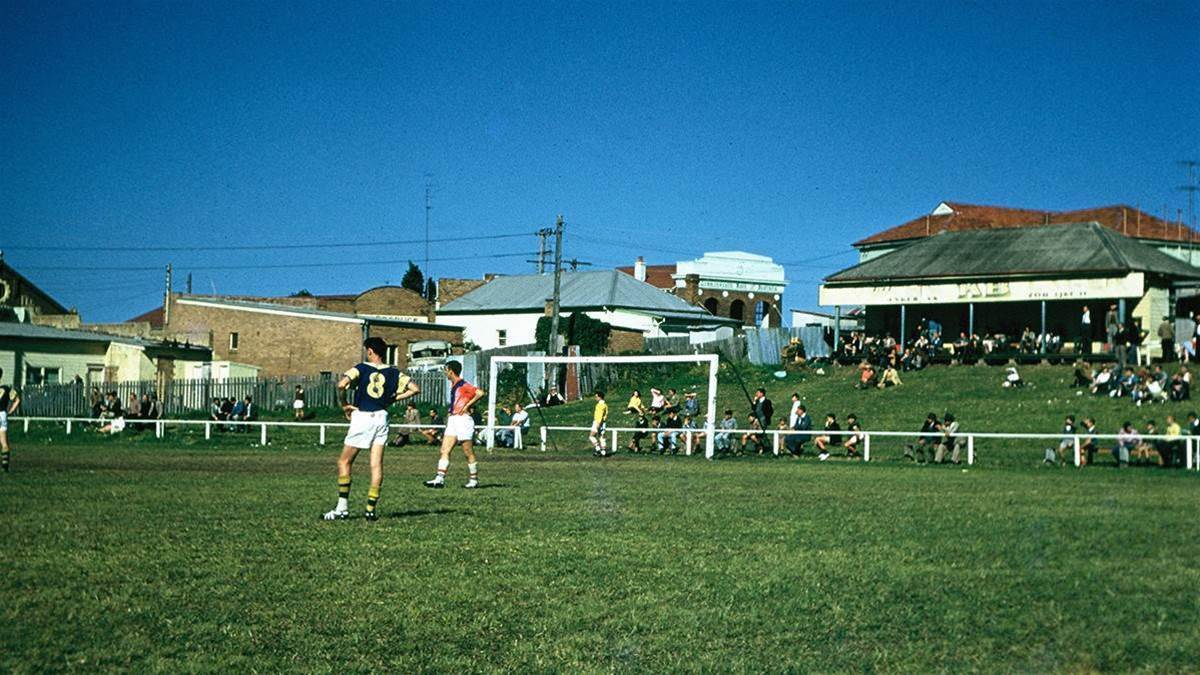
Andy Paschalidis recalled watching Warren playing during this period which soon after saw him work with the former Australian national team captain at SBS.
“It was surreal in a sense,” he said speaking to FourFourTwo. “I remember watching him as a kid and going with a Hungarian family from my school and seeing him play for St George Budapest.
“Never in my wildest dreams did I ever think that I would be working alongside him - and I did at Soccer Weekly.
"When I started there I was looking after Johnny Warren’s page, he had a weekly column which was very popular and he would come in once or twice a week and I’d be in awe.
“Then to realise that within a matter of years I would be sitting next to him in a Television studio and co-commentating on a football game, I felt unworthy because of who he was.
"I was just a young guy trying to follow my dream and he was a key part of it.”
Paschalidis worked with the late iconic broadcaster Les Murray and Warren at SBS between 1984 and 1994 and believes it was there the former Socceroo great left his biggest imprint on Australian football.
“A lot of people talk about what Johnny did with his exploits as a footballer,” he said.
“But beyond playing he took our game to totally different level.
“He made it more popular to the mainstream and obviously he broke down those barriers between those of multicultural background and the anglicised part of Australia as we know it.
“When you mentioned Johnny Warren people took notice and that was the important thing. People know who Johnny is now and what he stood for.
"He always listened, and he was one man who could break down walls better than anyone.”
Coincidently Warren’s passing is one day after Les Murray’s birthday. The iconic SBS broadcaster passed away in July this year and would’ve been 72 yesterday.
In March last year, a statue of Warren was unveiled at Allianz Stadium and speaking to FourFourTwo at the time, Murray said the statue represented the former Socceroo great’s vision for Australian football.
“I believe football now in many ways is in a place Johnny wanted it to be,” he said,
“Much of what he ‘told us so’ has now become a reality. We are internationally relevant. The Socceroos are a respected international force.
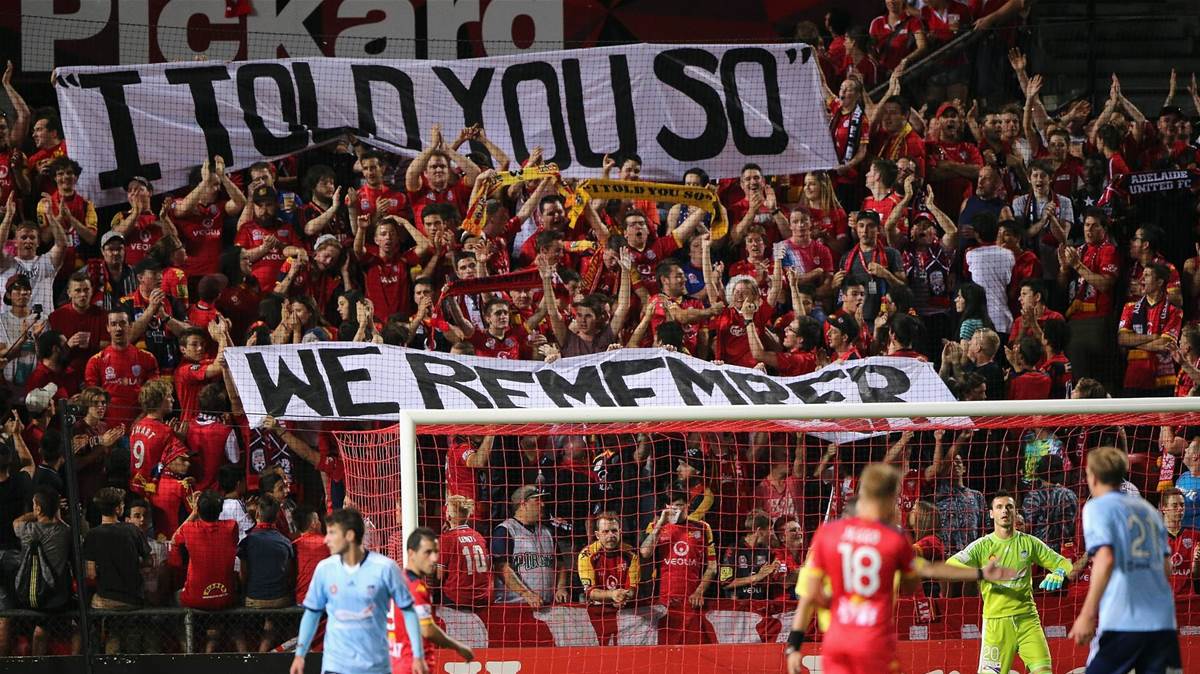
“The Matildas are ranked fifth in the world. The A-League is a viable and internationally respected professional competition, all largely thanks to Johnny. The statue is a powerful symbol to his work.
“As his friend, it’s an emotional moment. I saw for 40 years how he fought and struggled, the pains and rejections he went through in his fight to have Australians embrace the game. His immortalisation is a very touching moment for me personally.”
Three years ago Anthony Siokos and Warren’s daughter Shannon Warren co-founded the Johnny Warren Community (JWC) which aims to continue Warren's football mission and share the history of Australian football online.
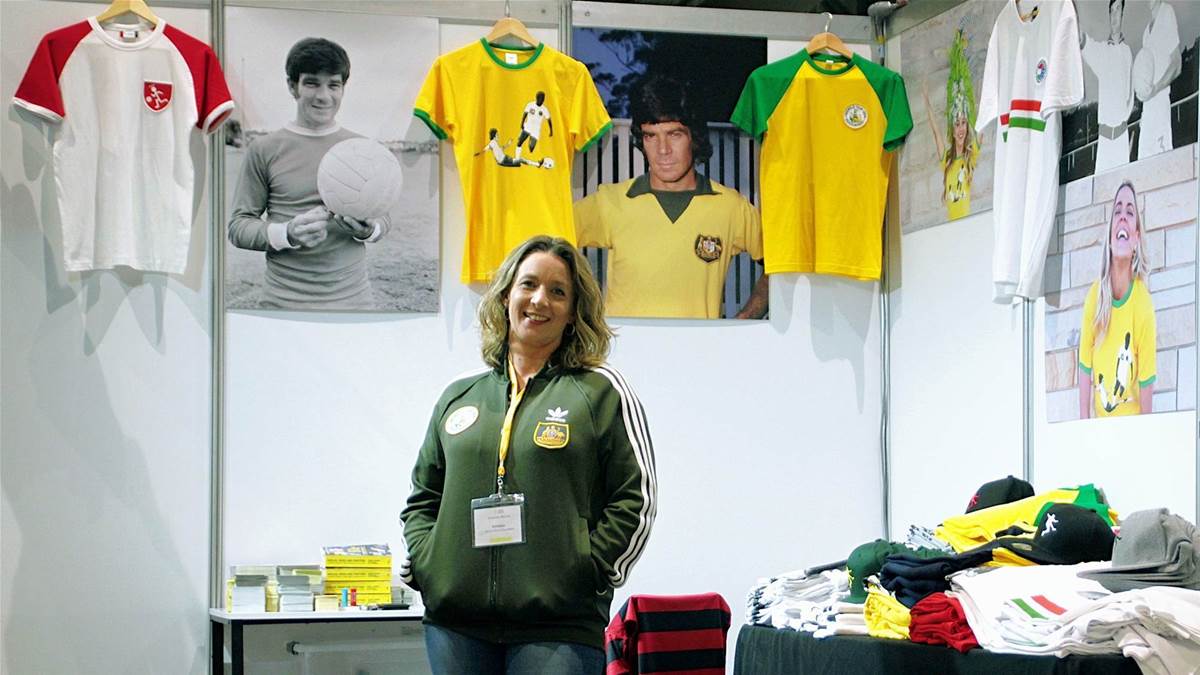
Shannon told FourFourTwo that it’s imperative to share the legacy of her father’s history.
“The reason why the community page is important is because my dad has given so much to football itself, here and abroad,” Warren said.
“When he played, Australia was a nobody. They were part-time players. It’s not whether you played football really well, it was about how that whole team gelled together in such crucial times and the mateship that they had.
“Dad was also about educating the children and teaching. He loved teaching the kids with his own football camps down in Canberra, with 2000 kids a week in the school holidays on his property.”
Since 2014 the JWC has grown to over 15,000 active members and the website sells replica jerseys that Johnny Warren wore during his club and national team career.
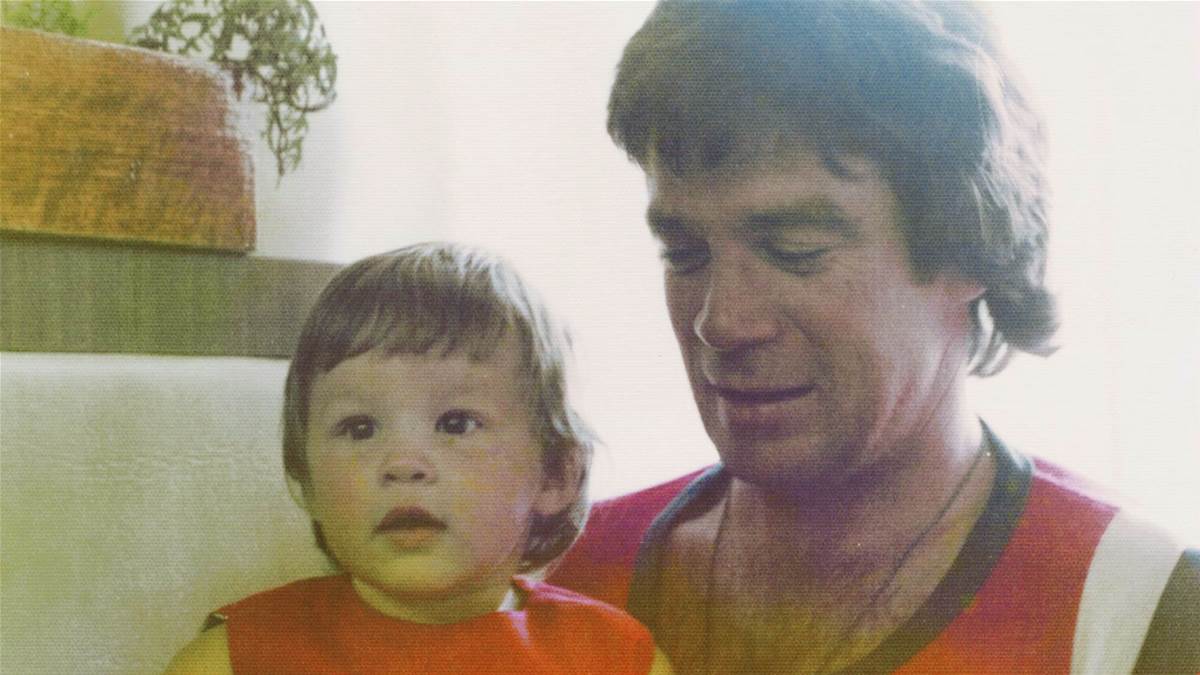
The funds raised are donated to grassroots football and Shannon hopes that the work of the JWC preserves her father’s memory.
“A lot of kids that I have spoken to through my normal day to day work, think that the only team that made it to the World Cup was in 2006 and that there was nothing before that,” Warren said.
“So, when people buy the jerseys, the shirts or the jackets or the hoodies or even the beanies and hats, it’s humbling to me. Because they are wanting to keep dad’s legacy alive.
“Getting the history of my father’s legacy out there and creating an awareness is to allow people to respect and learn about it. To respect my dad not just as a footballer but as a human being as well.”
Photos thanks to Shannon Warren
Related Articles

Socceroos midfielder embraces move to England

Cardiff City snap up sought-after Socceroos starlet

